Speaker
Description
Correlated electron-positron pairs (dielectrons) present a unique probe to study the properties of the medium created in relativistic heavy-ion collisions. They are produced in all stages of the collision and leave the system without loss of information as they do not interact strongly with the medium. However, at LHC energies, the thermal dielectrons emitted in the early stages of the collision from the quark-gluon-plasma are outnumbered by a large contribution of correlated e$^{+}$e$^{-}$-pairs from semi-leptonic decays of heavy-flavour (HF) hadrons. The upgrade of the ALICE detector installed during the Long Shutdown 2 is crucial to boost the precision of this measurement. The continuous readout of the TPC allows for higher data acquisition rate of up to 50 kHz in Pb-Pb collisions. Moreover, the new ITS with its higher granularity significantly improves the pointing resolution, leading to a better topological separation of prompt thermal radiation and e$^{+}$e$^{-}$-pairs from HF hadron decays, and to smaller background from photon conversions in the detector material. In this poster, the status of the analysis of a large data set of Pb-Pb collisions at $\sqrt{s_{\rm{NN}}}=5.36$ TeV, recorded with the upgraded ALICE detector in 2023, is presented. The electron and positron identification capabilities are evaluated and the impact of the detector upgrades on the dielectron analysis will be shown.

